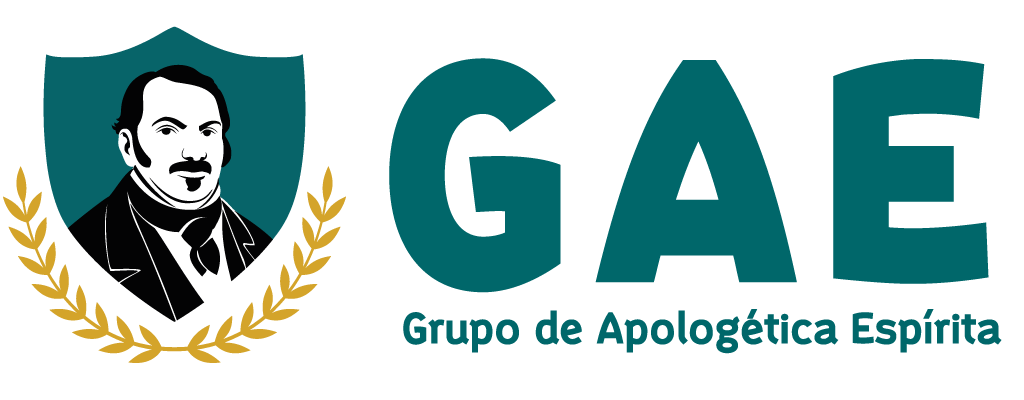|
Getting your Trinity Audio player ready...
|
Resumo: O texto analisa as inconsistências na tradução de versículos bíblicos sobre necromancia e adivinhação, comparando diferentes versões da Bíblia (católicas e protestantes). Ele argumenta que as traduções divergem em sua interpretação de termos relacionados à prática de consultar mortos e prever o futuro, refletindo preferências teológicas. O autor usa a história de Saul e sua consulta a uma médium em 1 Samuel 28 como exemplo-chave. A análise estatística da porcentagem de termos relacionados a médiuns versus adivinhos nas traduções é apresentada como evidência. Finalmente, o texto conclui que a proibição mosaica abrange qualquer forma de prever o futuro e aconselha tolerância religiosa.
Palavras-chave: necromancia, adivinhação, traduções bíblicas, 1 Samuel 28, tolerância religiosa.
Summary: The text analyzes the inconsistencies in the translation of biblical verses on necromancy and divination, comparing different versions of the Bible (Catholic and Protestant). It argues that translations differ in their interpretation of terms related to the practice of consulting the dead and predicting the future, reflecting theological preferences. The author uses the story of Saul and his consultation with a medium in 1 Samuel 28 as a key example. Statistical analysis of the percentage of terms related to mediums versus fortune-tellers in the translations is presented as evidence. Finally, the text concludes that the Mosaic prohibition covers any form of predicting the future and advises religious tolerance.
Keywords: necromancy, divination, biblical translations, 1 Samuel 28, religious tolerance.

